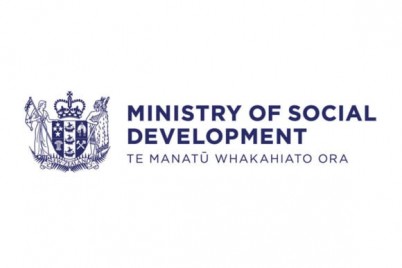The Health Research Council of New Zealand (HRC) and Ministry of Social Development (MSD) are pleased to announce that funding has been offered to the following recipients through the 2018 MSD-HRC research initiative.
This is a new partnership with the Ministry of Social Development to fund high-quality research that will identify innovative approaches for case management services to help achieve improved employment outcomes for people with health conditions or disabilities.
2018 MSD-HRC Research Partnership recipients:
Dr Joanna Fadyl, Auckland University of Technology
Support for gaining employment for people with a long-term condition
18 months, $316,433
Lay summary:
A robust systematic review that is contextualised for the Aotearoa / New Zealand service delivery context is crucial in order to utilise the best evidence available to develop innovative case-managed support to gain employment for people experiencing health conditions or disability.
This systematic review will combine robust review methodology with input from stakeholder reference groups, targeted to questions of clear relevance to the Ministry of Social Development. The review questions focus on which employment support interventions have robust evidence of effectiveness but also seek key contextual information from studies that may inform implementation and direct further research of critical value. The stakeholder reference groups will ensure high relevancy of the search as well as informed interpretation of findings that are grounded in local context. This design is supported by a research team with a proven track record in both research and implementation in this field for prompt application of findings.
Ms Helen Lockett, Te Pou o te Whakaaro Nui, in partnership with Work Counts and Synergia
Development of cross-agency collaboration to improve employment outcomes
24 months, $474,949
Lay summary:
People who experience mental health or addiction problems are much less likely to be in employment than people who do not. Māori and Pasifika peoples who experience mental health or addiction problems are further disadvantaged when trying to find or keep employment. Yet these issues are not a reflection of peoples’ employment aspirations.
Effective collaboration between welfare, employment and health agencies is crucial to address these inequities. Collaboration promotes access to financial support when people are not working, and the right type and intensity of employment assistance to enable the person to regain employment.
Using a case study design, this research will identify models of successful collaboration between Work and Income case management services and contracted employment support providers. It will identify approaches to collaboration that successfully support people with addiction or mental health problems, particularly Māori and Pasifika peoples, to return to, and stay in, employment. The research will identify the approaches used by successful models of collaborative case management in order to help organisations transfer these approaches to other contexts and populations.
